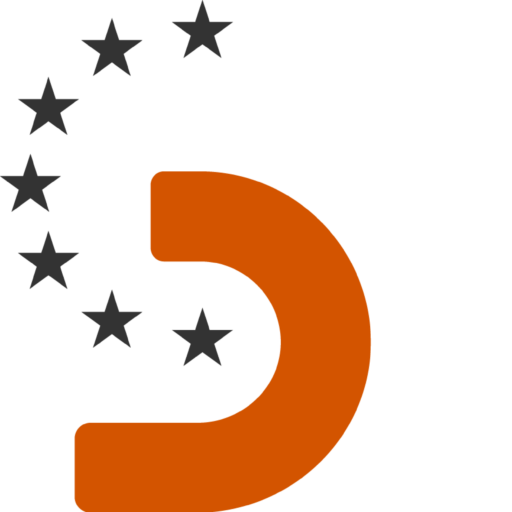Let’s Talk
Got questions?
Contact us.
Wanna schedule a meeting with our experts?
Let us know your availability.
Need help with EUSAFE?
We’re here to assist!
FAQ
What is a SAFE agreement?
A SAFE (Simple Agreement for Future Equity) is an investment contract that allows startups to raise funds from investors in exchange for future equity, without setting a valuation at the time of investment. It was originally developed in Silicon Valley to simplify early-stage fundraising.
A SAFE works by granting investors the right to receive company shares at a future financing round, usually at a discount or with a valuation cap. This makes it a founder-friendly alternative to traditional convertible notes, as it avoids interest rates and maturity dates.
What is a SAFE agreement?
A SAFE (Simple Agreement for Future Equity) is an investment contract that allows startups to raise funds from investors in exchange for future equity, without setting a valuation at the time of investment. It was originally developed in Silicon Valley to simplify early-stage fundraising.
A SAFE works by granting investors the right to receive company shares at a future financing round, usually at a discount or with a valuation cap. This makes it a founder-friendly alternative to traditional convertible notes, as it avoids interest rates and maturity dates.
Is SAFE legally recognized in Europe?
While SAFE is widely used in the U.S., its legal enforceability and structure may vary across European countries. We are working with legal experts to ensure compliance and adoption across the region.
Who should be interested in SAFE?
Startups looking for an alternative to traditional seed funding
Investors wanting flexible early-stage exposure
Legal professionals interested in adapting SAFE to European regulations
Why do I need a Europeanized SAFE agreement?
While the original SAFE was designed for U.S. startups, European businesses operate under different legal and regulatory frameworks. EUSAFE ensures compliance with local corporate laws, tax regulations, and investor protection measures.
Key differences include:
- Adaptation to civil law systems (common in Europe) rather than common law (used in the U.S.).
- Adjustments to reflect EU securities regulations.
- Clarity on shareholder rights and investor protections.
Using EUSAFE minimizes legal risks and ensures smooth execution in your jurisdiction.
What are the key terms used in a SAFE agreement?
When working with a SAFE agreement, you’ll encounter several important terms. Here’s a concise explanation of each:
-
Valuation cap – A pre-agreed maximum company valuation at which a SAFE investor’s money will convert into equity in a subsequent funding round. If the company’s actual valuation at that future round is higher than the cap, the SAFE converts at the cap, providing a better share price for the SAFE investor.
-
Discount rate – A percentage discount offered to a SAFE investor on the share price of a future equity funding round. For example, a 20% discount means the SAFE investor pays 80% of the price per share paid by new investors in that future round.
-
Conversion trigger – The specific event that causes a SAFE agreement to convert into equity. This is most commonly a “Qualified Financing” (a subsequent equity funding round that meets a predefined minimum investment amount).
-
Liquidation preference – A right that specifies the amount an investor receives from a company sale or liquidation event before common shareholders (including founders) receive any proceeds. It typically ensures the investor recoups their original investment (or a multiple thereof).
-
Pro rata rights – A right that grants the SAFE investor the option to invest additional funds in the company’s future equity funding rounds, allowing them to maintain their percentage ownership share and prevent dilution.
-
Seed round / Pre-seed round – Early stages of startup funding. A “Pre-Seed Round” is the very first capital raised (often from founders, friends, family). A “Seed Round” is typically the first significant external investment from angels or venture capital, intended to initiate company development. SAFEs are commonly used in these stages.

